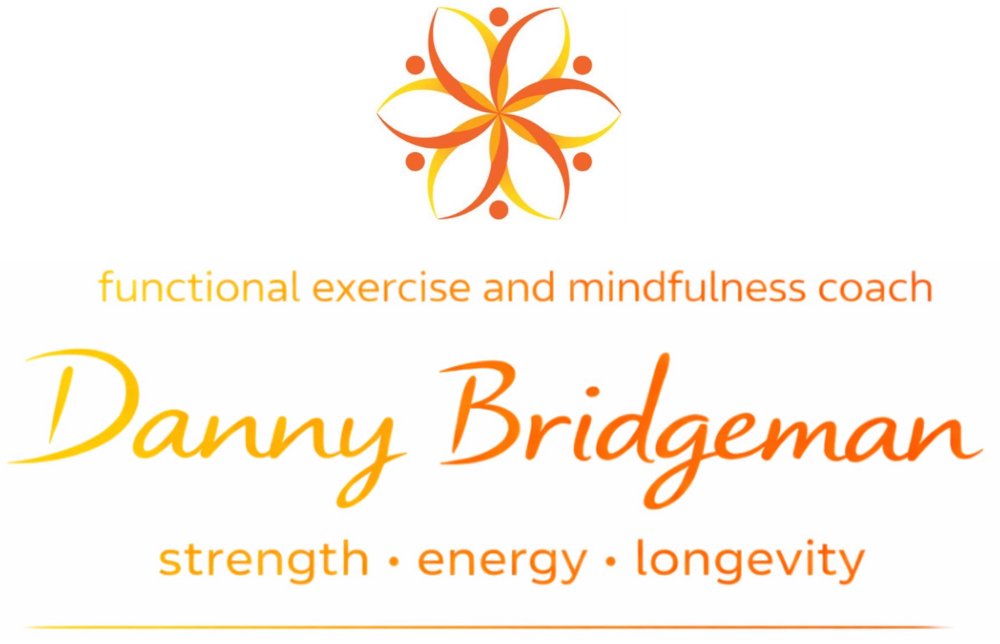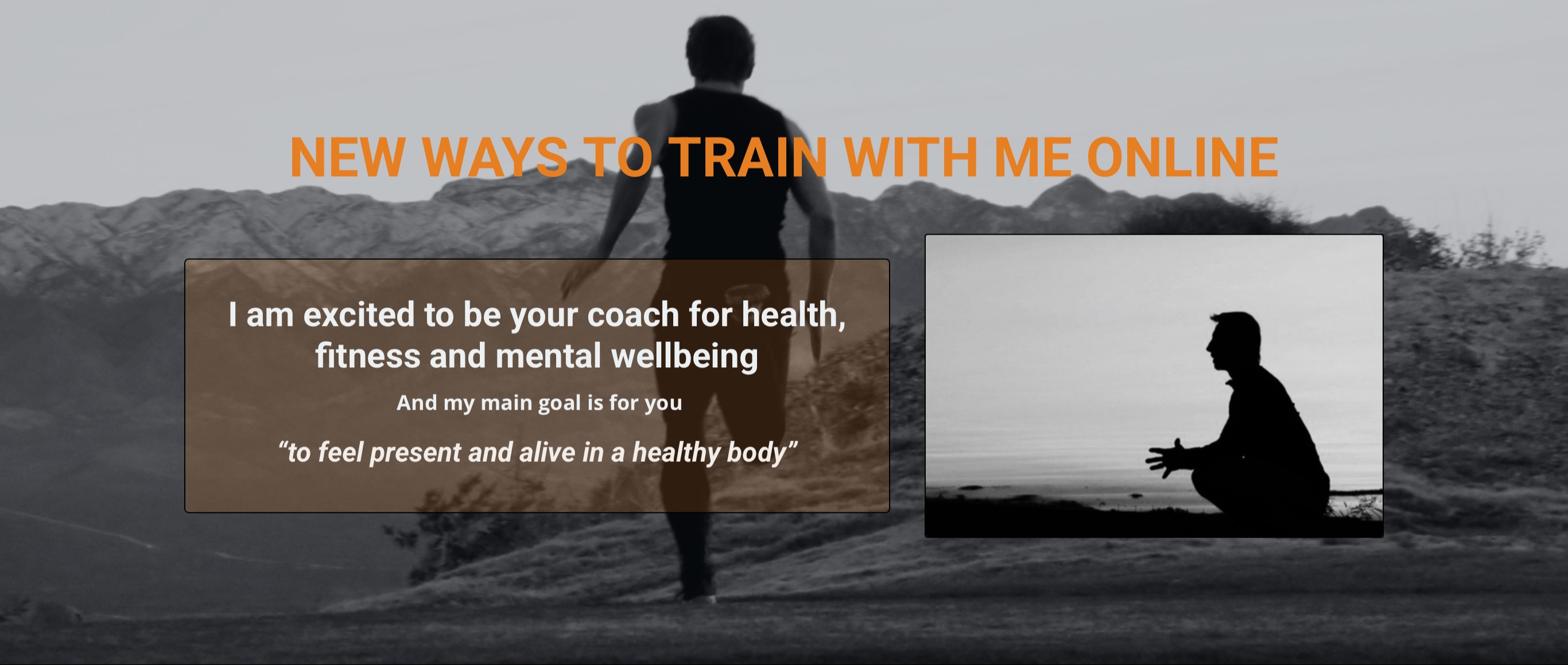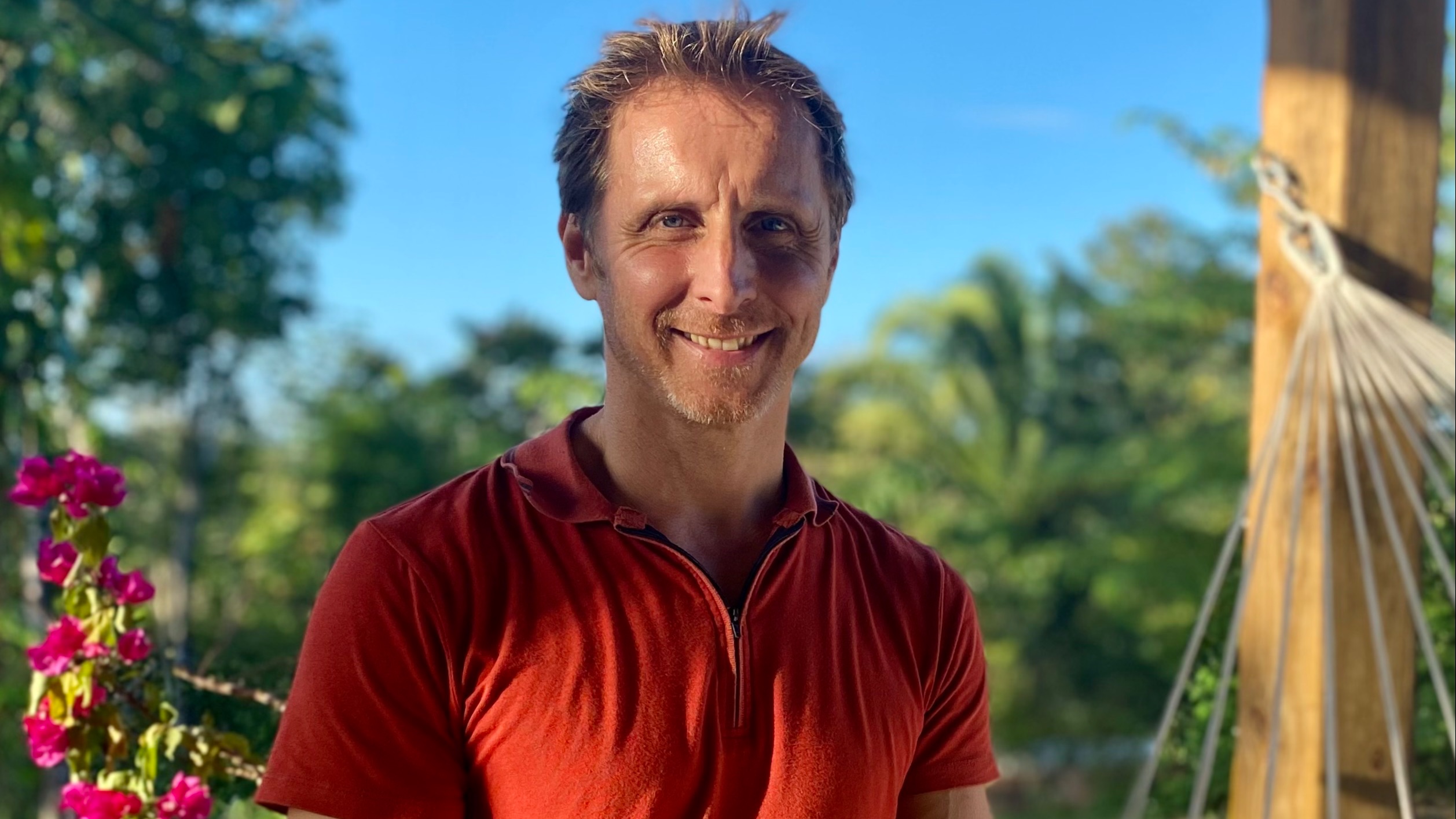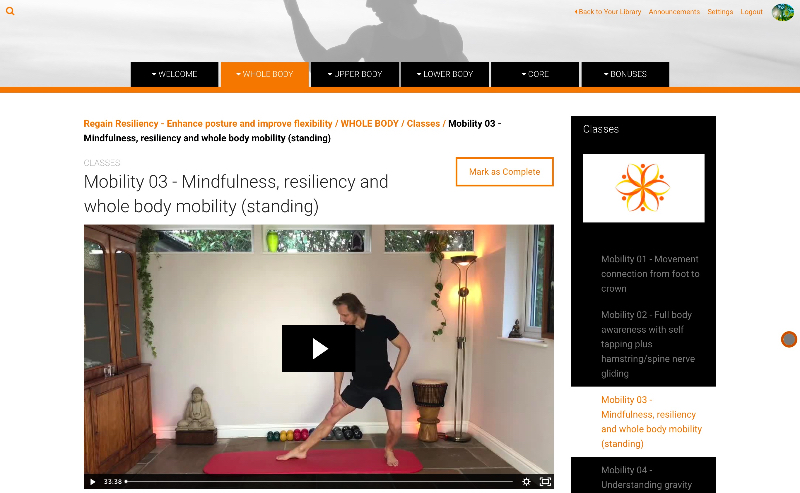The balance reset - part 1
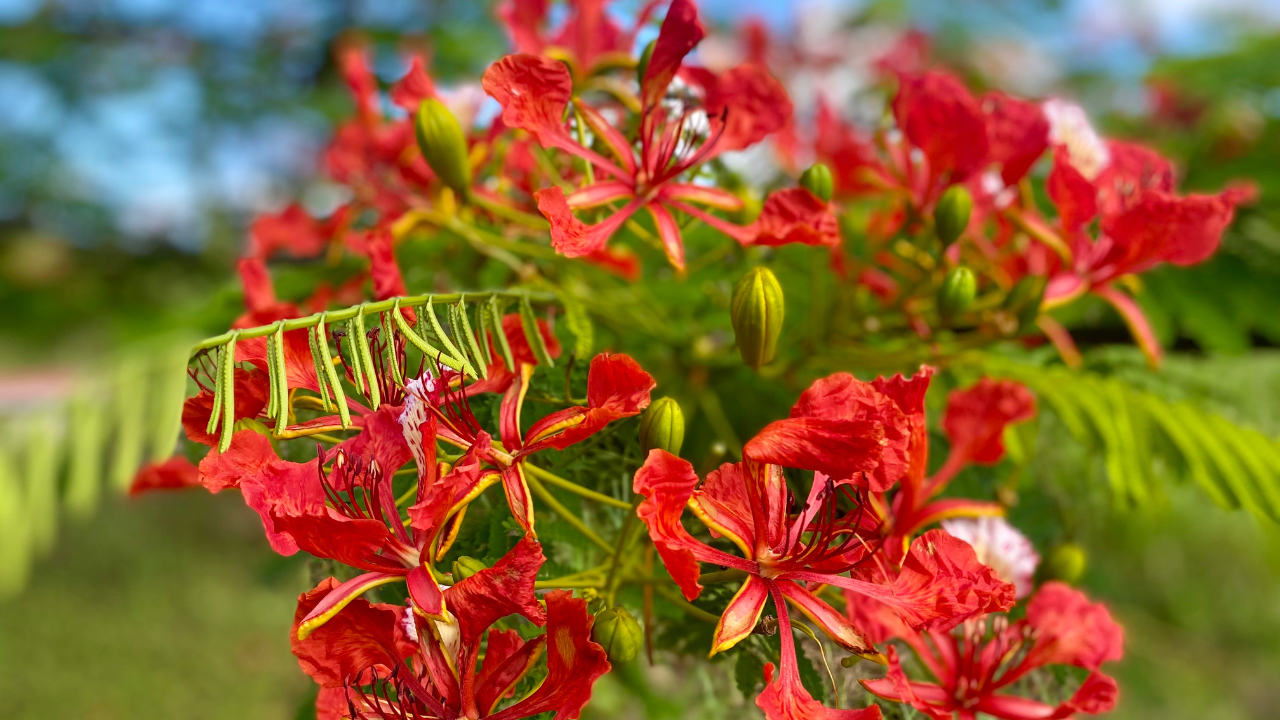
This month, I have a simple goal… that you feel a noticeable improvement in your balance.
These past eight weeks of write ups and classes we have drawn inspiration from a matrix of four key disciplines:
- Martial arts
- Conditioning (functional fitness)
- Pilates
- Yoga
These all help with your sense of balance so you should be ready to hit-the-ground-running as this becomes our focus for the month of August.
Balance is key aspect of physical health and general safety and that’s why so many of our Dojiva classes include practices that challenge and enhance your balance.
Balance requires a refinement of four common movement qualities:
- Strength
- Suppleness
- Coordination
- Postural alignment
And, three non-movement qualities:
- Confidence
- Awareness
- Being more grounded (more mentally here)
Overall, balance is more on the subtle side of movement so for those who like the dynamic, it can easily get neglected. And if you’re not very good at balance that’s another reason it might get skipped over.
But when you do keep up a regular practice of balance, you automatically look after so much more… that’s core tone, connective tissue strength, posture, proprioception, agility and overall movement confidence. Combined, you might also feel that extra ‘edge’ in sports.
But what factors lead to poor balance?
Here are 12 bullet points of things that can negatively affect balance (note antidotes further below):
- Poor posture - this compresses the body and can lead to pain, compensations and imbalances…
- An imbalance of body tone, e.g. one joint too tight and the next joint too loose
- Inappropriate gait - especially shuffling or moving too quick with a long stride
- Lack of general body awareness (proprioception)
- Weakness of leg muscles/joints
- Lack of core strength - your core doesn’t need to be held tight for balance, just be aware
- Injuries and pain
- Foot-wear or change of foot-wear
- Changing terrain
- Your sense of vision
- Hearing and function of inner ear (vestibular system)
- The effectiveness of communication throughout your whole nervous system
Then of course there are non-movement considerations such as level of presence (a busy mind), un-managed high stress, current mood/emotional state, alcohol (including the hangover) and even certain medications (you can always check with your doctor if you think side effects might be effecting your balance).
Now, some of these can be associated with aging, however I firmly believe improvements can be made by all.
Ok, here are the remedies:
With each point, re-read the above one at a time and notice if any are pertinent to you.
- Maintain good postural awareness at work, rest and play
- Recognise muscular/joint imbalances and seek advice from a good body-worker
- Take shorter strides moving from the ankle joint. Also, aim for a relaxed and flowing gait
- Practice body listening and body tapping
- Keep up with those squats and lunges
- Learn more about and embody your true core (psoas, deep low back muscles, serratus etc and relax your abs). Message me if you would like our cluster of classes for this
- Address pain with exercise, mindfulness, support from body-workers and practice pain management techniques (last week’s focus). With gait and balance, try using a stick/crutch/frame as this will help to help boost confidence until you’re ready to return to unaided walking
- In general, I’m a fan of barefoot type shoes but it’s always best to make changes slowly
- Outdoor hiking is great for your ankles and health in general, however, know your limits and be mindful as you walk
- Relaxed and peripheral vision is best but this does require a solid connection to your natural core
- If you feel your balance is affected by your hearing, consider a hearing test
- Keep moving and exercising with your body as one flowing unit
Summary
This week, we have some great Dojiva classes that challenge and enhance your sense of balance. But as always, success lies in daily life, so from this moment onwards, can you be extra conscious of your balance in all aspects of life?
Ok, that’s it for this week, thanks for reading.
Take care
Danny
